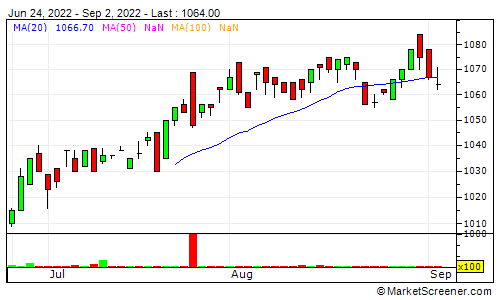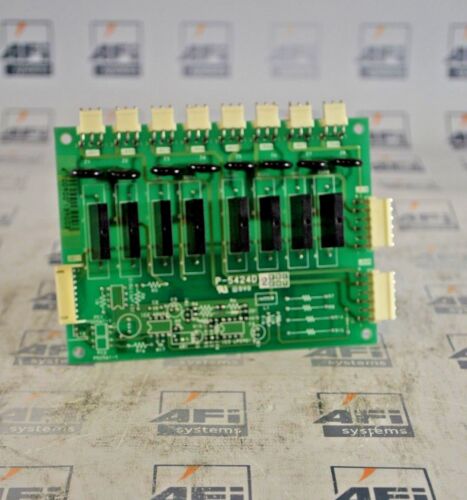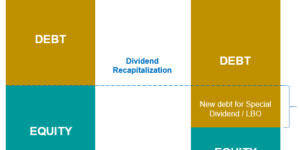Businesses that produce automobiles, trucks, vans, and commercial vehicles, as well as those that provide the necessary components and technology, are all considered to be part of the auto industry. Toyota Motor Corp. (TM), Ford Motor Co. (F), and General Motors Co. are all well-known companies in the car business. However, Tesla Inc. (TSLA) just surpassed Toyota Motor Corp. (TM) as the most valuable manufacturer in the world (GM).
Exchange-traded funds (ETFs) that specialize in a certain market segment are a great option for investors. By purchasing an ETF, investors may spread out the idiosyncratic risk associated with buying a single company by spreading it out among a group of firms operating in the same sector. However, in the case of automobiles, this is no longer the case. There is currently no pure-play exchange-traded fund (ETF) that is focused only on the automotive sector. That's because the ETF that comes closest to being a pure play on the car industry has shifted its emphasis away from the sector as an investing aim.
First Trust
The First Trust The NASDAQ Global Auto Index Fund, which trades under the ticker symbol CARZ on the NASDAQ stock market, was the second auto-related exchange-traded fund ever established. If you want to know why there aren't any "regular" car ETFs, go no further than CARZ. The fund has been around for more than eight years and now oversees over $18 million in assets. Stocking 32 companies, CARZ takes a more conventional approach to the car industry. About a quarter of the firm is invested in General Motors, Toyota (NYSE: TM), and Honda (NYSE: HMC). Ford maintains the position of fourth-largest, with a market share of over 8%. The exorbitant cost charged by CARZ is a major deterrent for potential investors. While it's true that sector funds have greater expenses than broad market ETFs, 0.7% is still rather significant.
Global X

One of the auto ETFs betting on the future of the industry is the Global X Driverless & Electric Vehicles ETF (NASDAQ: DRIV). This future will inevitably feature a greater prevalence of autonomous automobiles as well as plug-in and hybrid vehicles. That is to say that although CARZ could be dull if it survives, DRIV might be a fascinating car ETF. According to Global X, CARZ member businesses include those "engaged in the development of autonomous vehicle software and technology, as well as companies that make EVs, EV components such as lithium batteries, and crucial EV minerals such as lithium and cobalt." Importantly. Recent statistics show that the number of people buying electric cars is rapidly growing.
KraneShares
The NYSEARCA symbol for the KraneShares Electric Vehicles & Future Mobility ETF (KARS) indicates that it is a global exchange-traded fund focused on automobiles. Given that many of the world's greatest emerging nations are also among the world's most prolific pollutants, focusing on solutions like increasing the use of electric cars makes a lot of sense. KARS is a great choice for anyone interested in an auto ETF with more of a tech flavor, despite its strong foreign exposure. Over 44% of the portfolio is invested in U.S. equities, including several household names like Advanced Micro Devices (NASDAQ: AMD) as well as Nvidia (NASDAQ: NVDA).
IDRV
iShares' IDRV is a prominent electric vehicle (EV) exchange-traded fund (ETF) that invests in businesses that make AVs, EVs, EV batteries, and EV-related technology and goods. As an index, the fund follows the NYSE FactSet Global Autonomous Driving as well as Electric Vehicle Index. The IDRV fund manages $434,9 million in assets and trades around 69,000 shares each day on average. Among the biggest and most liquid EV ETFs, its 0.47 percent cost ratio is the lowest management fee. With 117 different investments, it's far more diversified than the bigger DRIV fund.
HAIL
As an exchange-traded fund (ETF), HAIL follows the S&P Kensho Smart Transportation Index. The HAIL fund was established in 2017 and is home to shares in roughly ninety-four companies working on the transportation infrastructure of the future, such as electric vehicle and autonomous vehicle manufacturers, drone manufacturers, and companies developing cutting-edge tracking and delivery systems. Because of its diversified transportation holdings, the HAIL fund may be less vulnerable to declines in the car industry than other EV funds. It has an AUM of $77.1 million, a daily trading volume of over 10,000 shares, and a low expense ratio of 0.45%.
FDRV

Investors that are willing to take on more risk may benefit from the FDRV ETF by purchasing shares in the fund. The FDRV fund invests in a diversified portfolio of 51 companies with EV and AV exposure. Tesla, Nio, and vehicle chipmaker Qualcomm Inc. are among the top holdings (QCOM). The FDRV fund only has $39.5 million in assets under management (AUM) and only roughly 15,000 shares trade hands each trading day, so investors betting on the fund should be aware of the associated dangers. Among these seven EV funds, the FDRV fund has the worst year-to-date return, but its cost ratio is also the lowest, at only 0.39%.
Conclusion
Greater interest in electric cars is a testament to the growing excitement around this innovative technology. Buying an electric car is one option for people to minimize their emissions, which might imply that this sector is ready for growth as worries about climate change increase. These exchange-traded funds (ETFs) provide one method to speculate on the rising popularity of electric vehicles.



